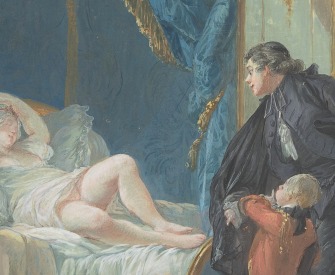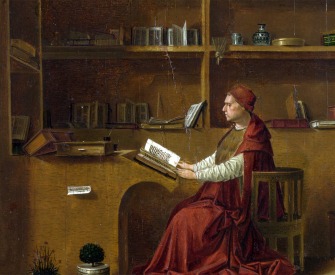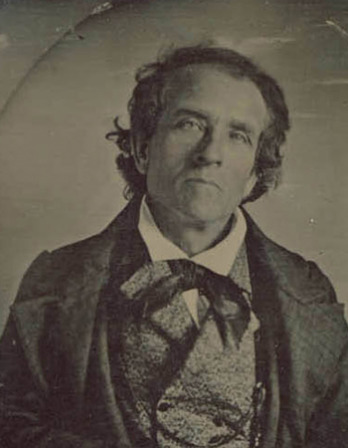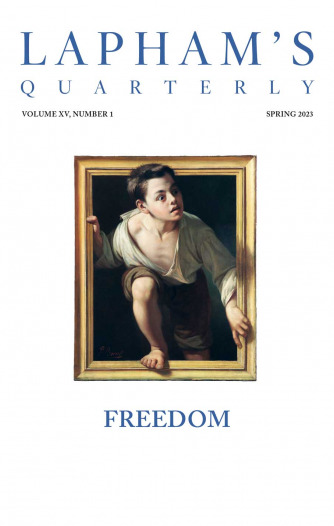Idleness is the enemy of the soul. Therefore the brothers should have specified periods for manual labor as well as for prayerful reading.
We believe that the times for both may be arranged as follows: from Easter to the first of October, they will spend their mornings after Prime till about the fourth hour at whatever work needs to be done. From the fourth hour until the time of Sext, they will devote themselves to reading. But after Sext and their meal, they may rest on their beds in complete silence; should a brother wish to read privately, let him do so but without disturbing the others. They should say None a little early, about midway through the eighth hour, and then until Vespers they are to return to whatever work is necessary. They must not become distressed if local conditions or their poverty should force them to do the harvesting themselves. When they live by the labor of their hands, as our fathers and the apostles did, then they are really monks. Yet all things are to be done with moderation on account of the fainthearted.
One or two seniors must surely be deputed to make the rounds of the monastery while the brothers are reading. Their duty is to see that no brother is so apathetic as to waste time or engage in idle talk to the neglect of his reading, and so not only harm himself but also distract others. If such a monk is found—God forbid—he should be reproved a first and a second time. If he does not amend, he must be subjected to the punishment of the rule as a warning to others.
On Sunday all are to be engaged in reading except those who have been assigned various duties. If anyone is so remiss and indolent that he is unwilling or unable to study or to read, he is to be given some work in order that he may not be idle.
Brothers who are sick or weak should be given a type of work or craft that will keep them busy without overwhelming them or driving them away. The abbot must take their infirmities into account.
© 1981 by The Order of St. Benedict. Used with permission of The Liturgical Press.
From the Rule of St. Benedict. Benedict left Rome as a young man, eventually settling in a cave not far from the ruins of Nero’s country palace, where he remained for three years. He founded twelve monasteries, his Rule establishing a governing structure that ensured self-sufficiency and defined clearly what activities are to be performed at which of the canonical hours. The Benedctine Order set the precedent for monastic life well into the Middle Ages.
Back to Issue





